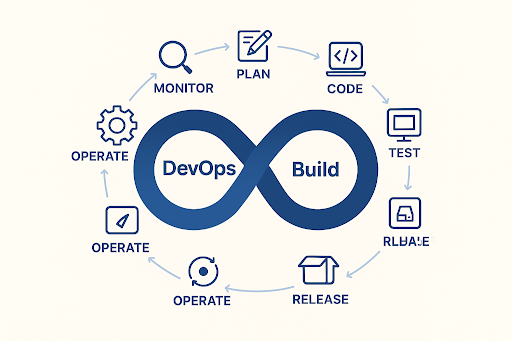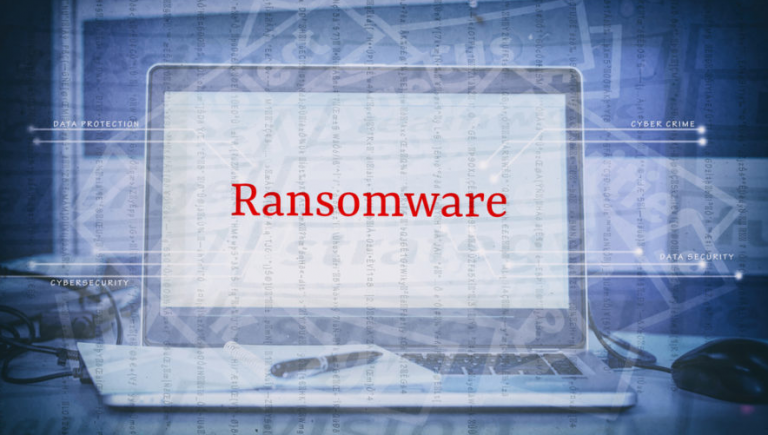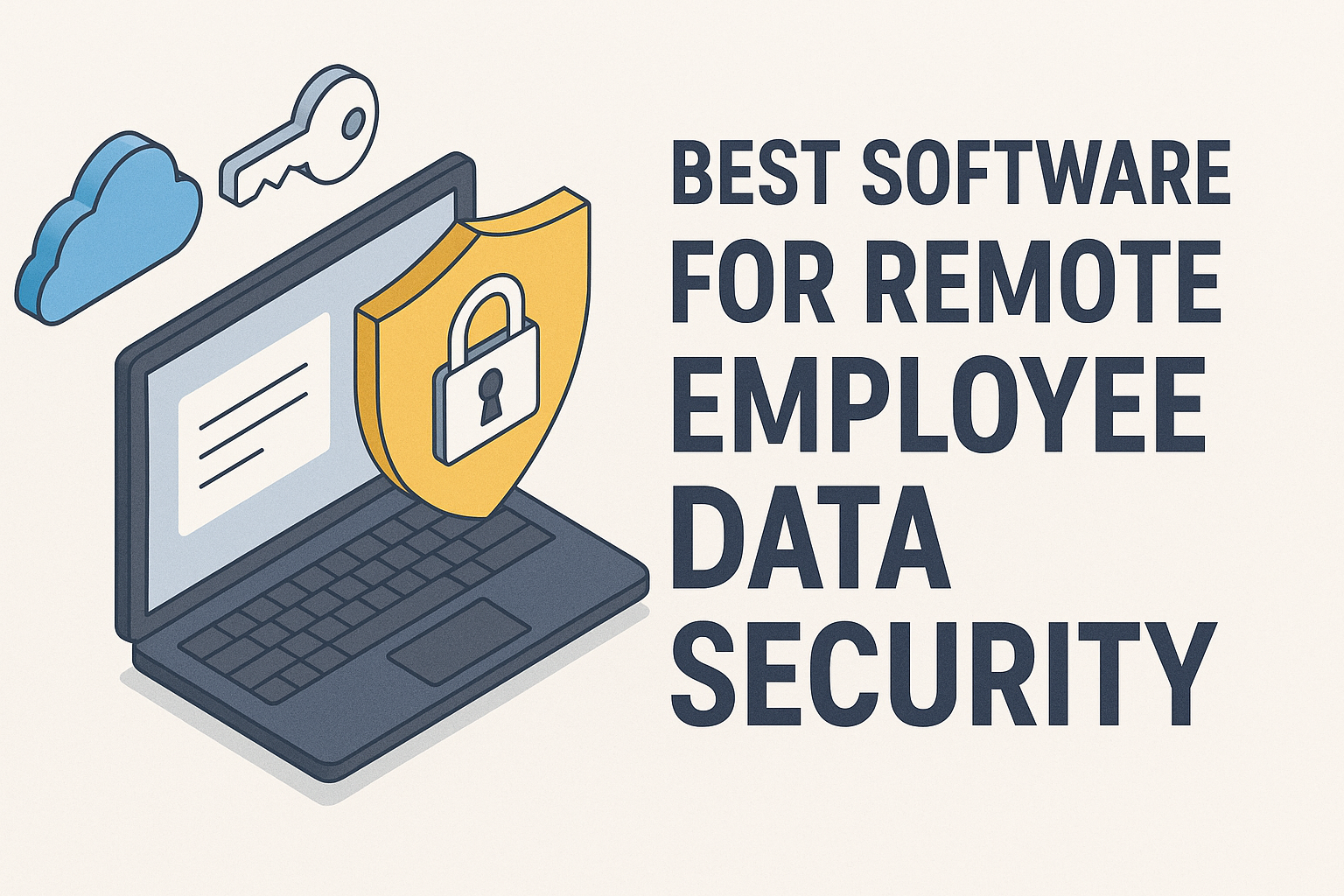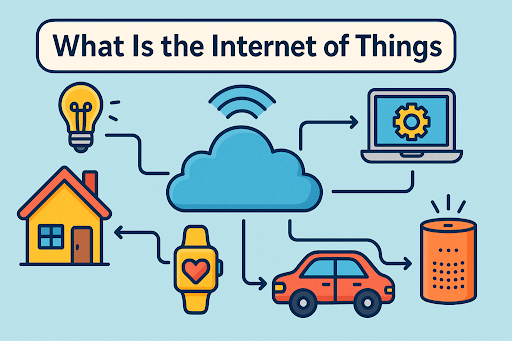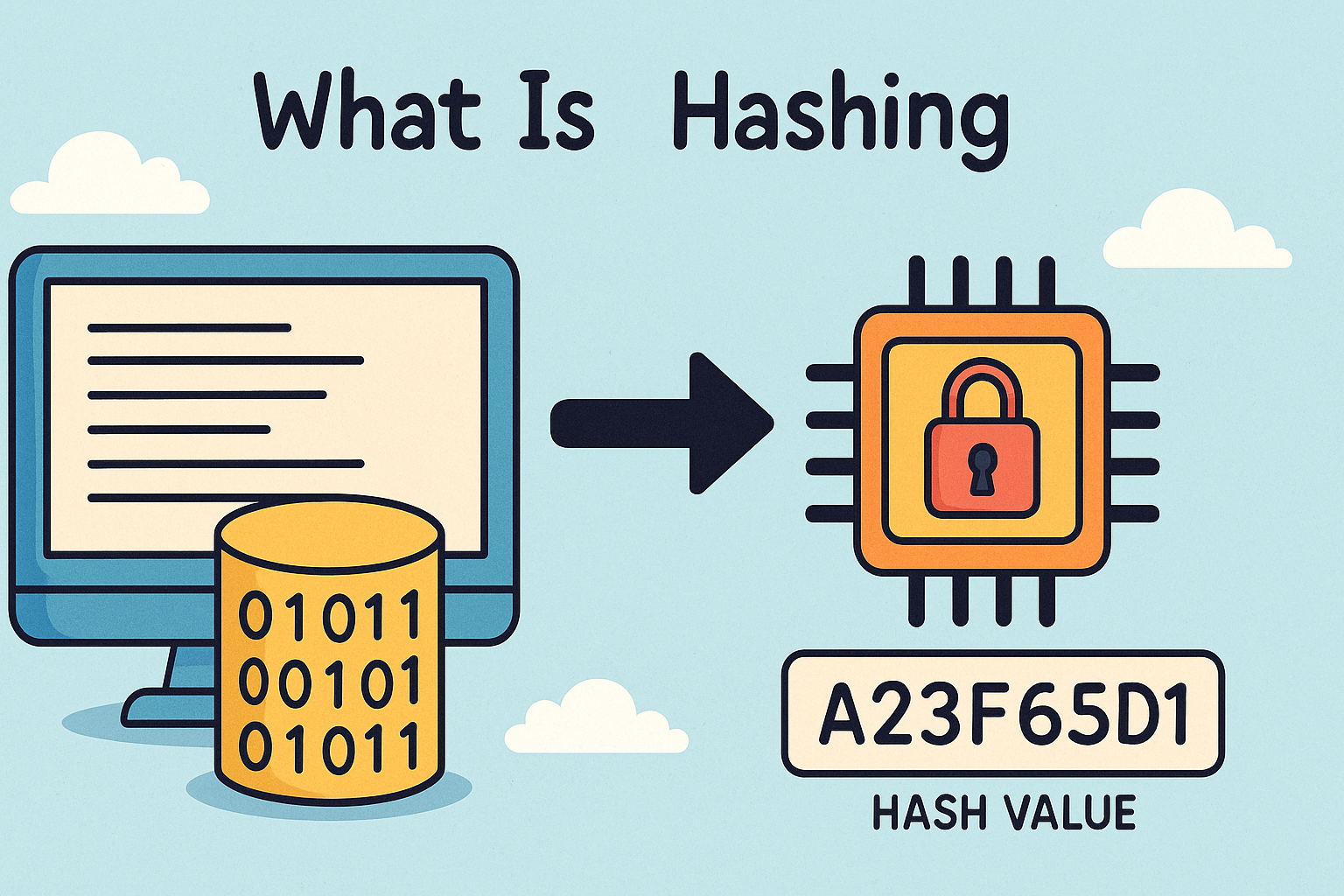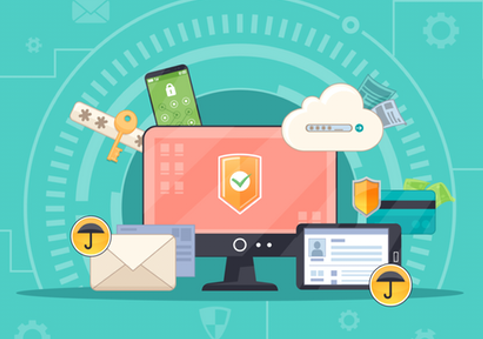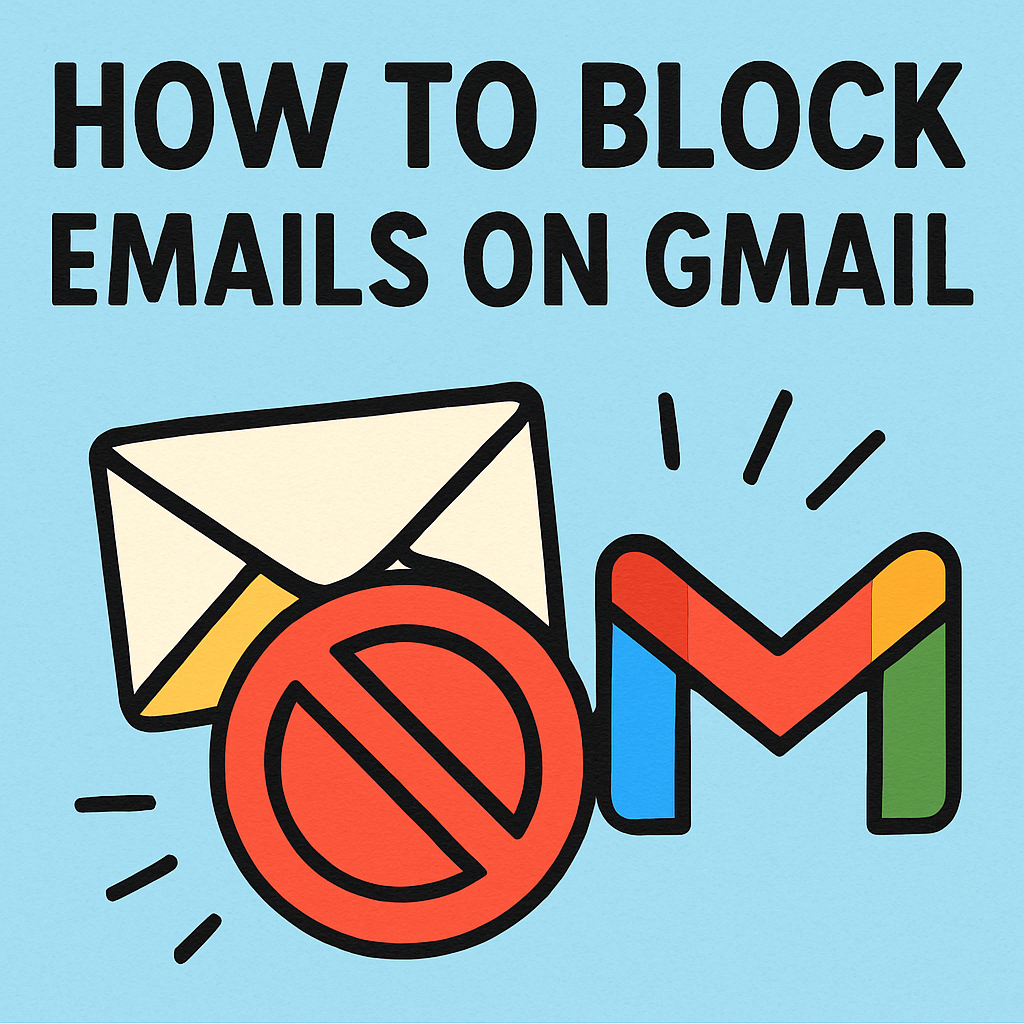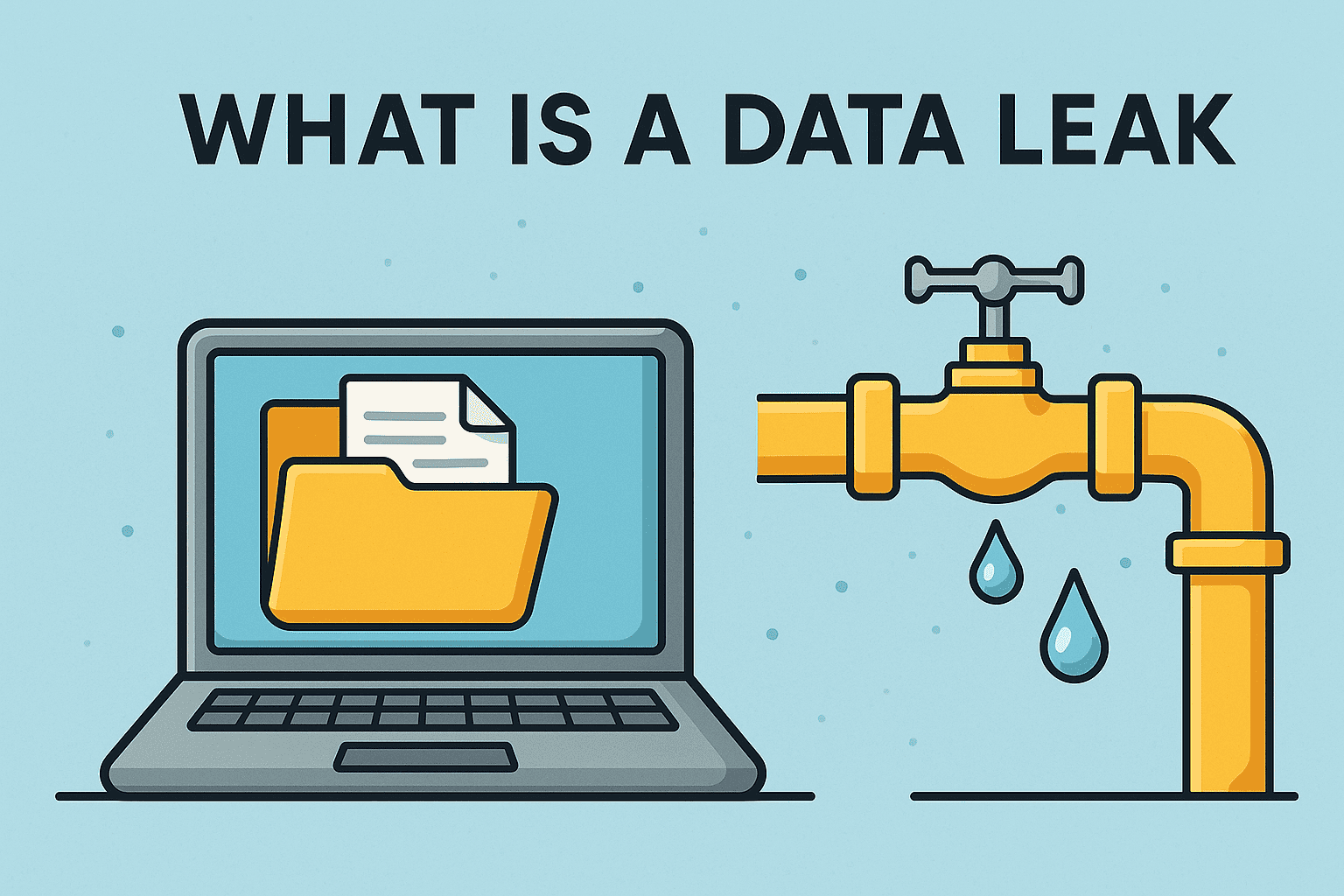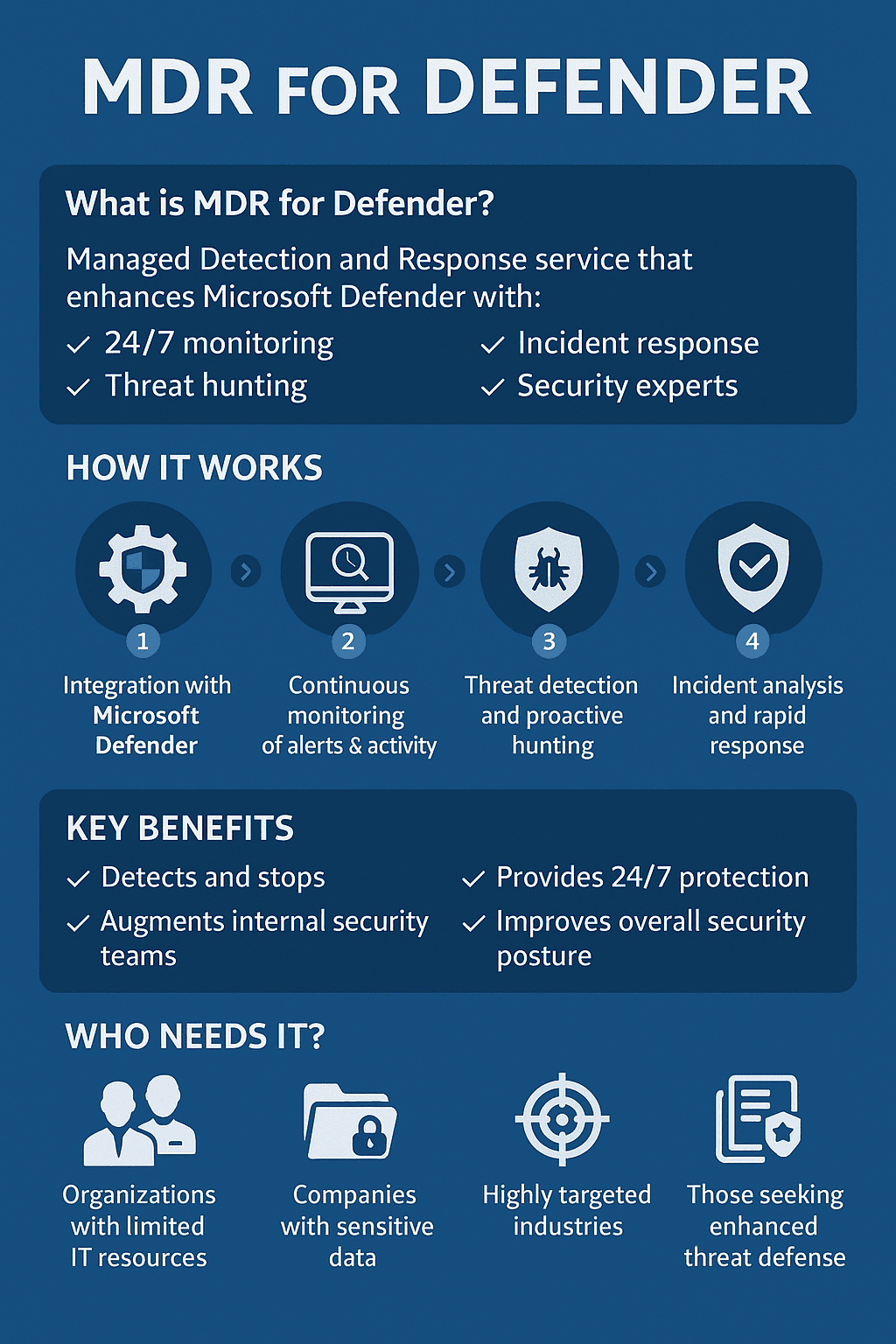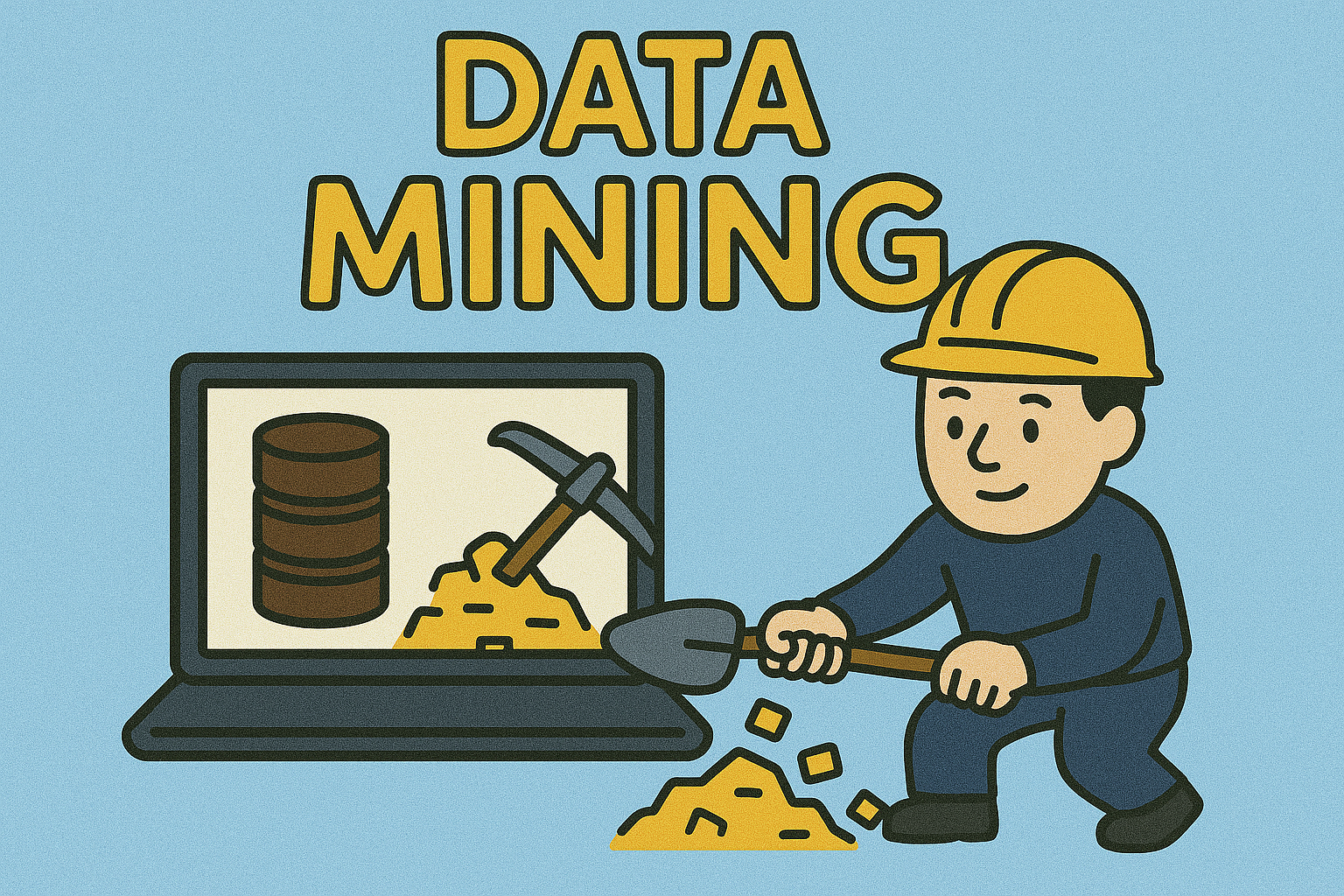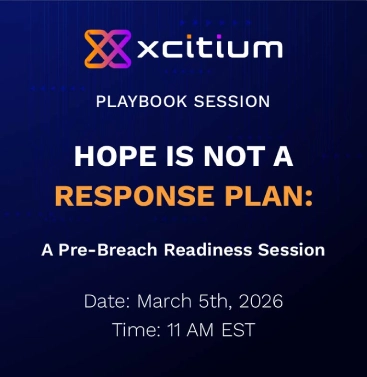What Is Private Compute Services? A Complete Guide
Updated on October 28, 2025, by Xcitium
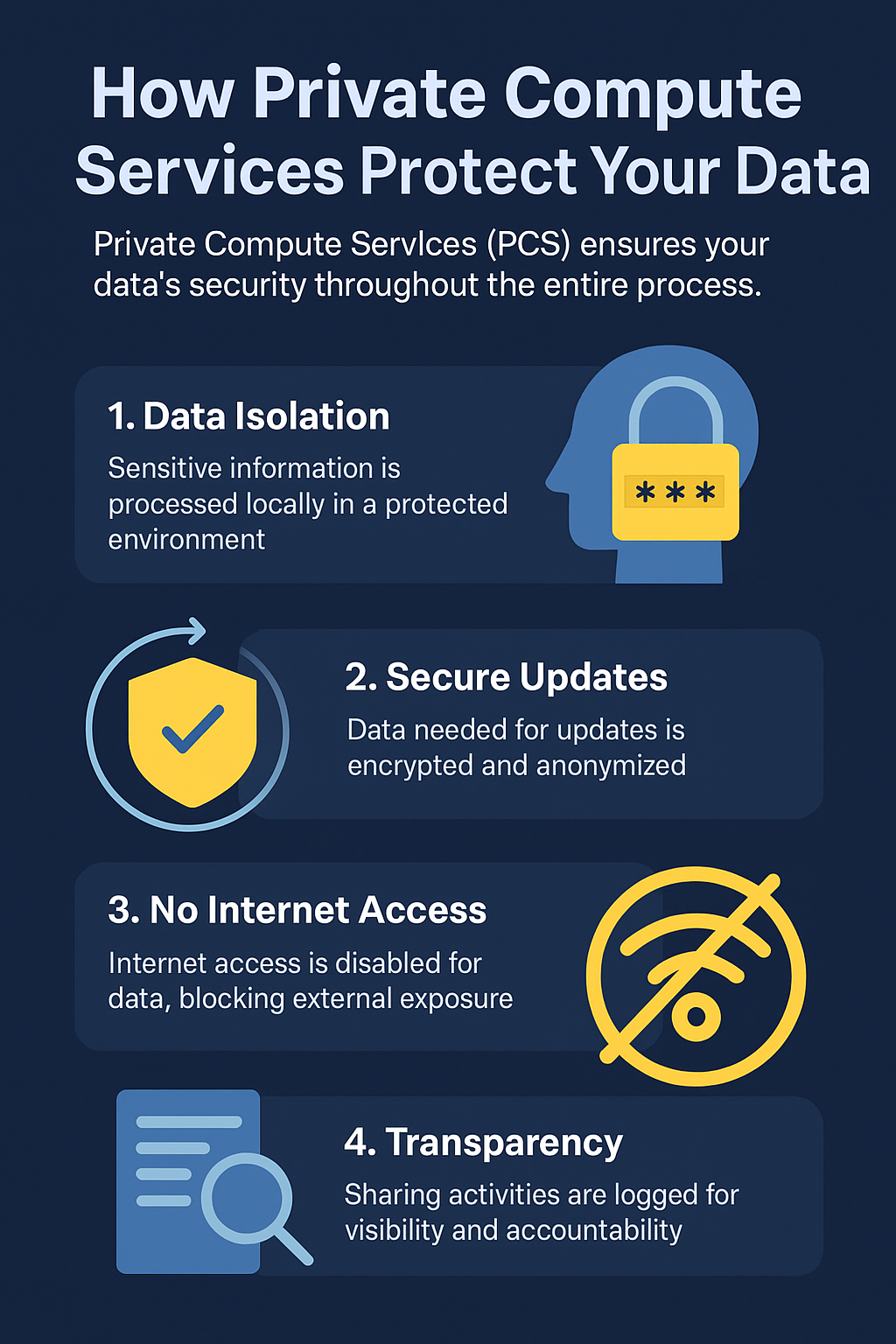
Have you ever wondered how your device processes personal data securely without sending everything to the cloud? That’s where Private Compute Services (PCS) come into play. In an age where data privacy, cybersecurity, and AI-driven personalization intersect, PCS provides a solution that lets devices process sensitive information locally — ensuring privacy, speed, and compliance.
This guide explains what Private Compute Services are, how they work, and why businesses and individuals must understand their importance in today’s security landscape.
What Is Private Compute Services?
Private Compute Services (PCS) is a privacy-focused framework developed primarily for Android devices, designed to ensure that sensitive data stays protected while still allowing your device to benefit from intelligent cloud-based features.
In simpler terms, PCS acts as a secure communication channel between your phone’s operating system and cloud-based AI services — without compromising your privacy. It’s part of Google’s Private Compute Core (PCC) initiative, introduced to protect sensitive on-device information such as typing patterns, photos, and voice commands.
How Private Compute Services Work
PCS functions by processing data locally on your device and only sharing anonymized or non-sensitive information with cloud systems when absolutely necessary.
Here’s a simplified breakdown of the process:
-
Data Isolation: Sensitive data (like facial recognition models or predictive text learning) is stored and processed inside the Private Compute Core, a sandboxed environment separate from the rest of the system.
-
Secure Communication: When the device needs an external update (e.g., a new emoji prediction model), PCS ensures encrypted and anonymized communication with the server.
-
No Direct Internet Access: PCS doesn’t have direct access to the internet, making it harder for hackers or apps to exploit private data.
-
Transparency: Users can check what data is shared via the Android Privacy Dashboard.
This structure allows PCS to offer the benefits of cloud-based intelligence — like better AI models — while minimizing privacy risks.
Why Private Compute Services Matter in Cybersecurity
With increasing concerns over data collection, PCS represents a shift toward privacy-first computing. Here’s why it’s becoming vital for users and organizations:
-
Data Sovereignty: Information stays within your device or organization’s boundaries.
-
Regulatory Compliance: Helps meet privacy standards like GDPR and CCPA.
-
Reduced Attack Surface: Local processing minimizes risks from data breaches and man-in-the-middle attacks.
-
Trust and Transparency: Users gain confidence knowing data isn’t silently transmitted to external servers.
For cybersecurity professionals and IT managers, PCS provides a blueprint for confidential data computation — especially in hybrid and mobile environments.
Private Compute Services vs. Traditional Cloud Services
| Feature | Private Compute Services | Traditional Cloud Services |
|---|---|---|
| Data Processing | Local (on-device) | Remote (server-based) |
| Privacy | High (isolated environment) | Moderate (depends on vendor) |
| Speed | Faster for localized tasks | Slower due to network latency |
| Data Transmission | Minimal, encrypted | Frequent data transfers |
| Compliance | Easier (data remains local) | Complex (cross-border regulations) |
This distinction makes PCS particularly appealing for industries handling sensitive data, such as finance, healthcare, and government sectors.
Benefits of Private Compute Services
Implementing PCS technology brings several advantages:
-
Enhanced Privacy: Keeps user data private while enabling smart features.
-
Improved Performance: Local data processing reduces lag and enhances real-time response.
-
Better Security: Isolation prevents unauthorized data access.
-
Energy Efficiency: Reduces cloud server dependency, conserving bandwidth and power.
-
User Control: Gives users visibility and choice over shared data.
These benefits combine to deliver a privacy-first experience without compromising convenience or functionality.
Challenges and Limitations
Despite its potential, PCS has some limitations worth noting:
-
Limited Scope: Not all Android features or apps support PCS integration.
-
Hardware Dependence: Requires devices with specific chipset capabilities for on-device processing.
-
Complex Maintenance: Regular updates and transparency reports are necessary to maintain trust.
As more enterprises integrate AI-driven analytics into mobile environments, addressing these challenges will be crucial for broader adoption.
Future of Private Compute Services and Beyond
The concept of PCS extends far beyond mobile phones. The future of data privacy lies in hybrid models that blend local computation, edge AI, and secure cloud collaboration.
we can expect:
-
Enterprise-level PCS frameworks for corporate devices.
-
Integration with IoT ecosystems, securing smart homes and connected cars.
-
Zero-Trust PCS architectures that verify every transaction before data transfer.
PCS is paving the way toward a future where data processing is intelligent, secure, and privacy-preserving by design.
How to Strengthen Privacy with Private Compute Services
Organizations can take advantage of PCS principles in their own environments by adopting:
-
Data Minimization: Only collect and process necessary data.
-
Local AI Processing: Use edge computing to reduce external data exposure.
-
Secure APIs: Implement encrypted communication layers for data exchange.
-
Endpoint Monitoring: Deploy tools like Xcitium OpenEDR to detect unauthorized access or data exfiltration attempts.
By combining PCS concepts with endpoint detection and response (EDR), companies can enhance their data protection strategies significantly.
Conclusion
Private Compute Services symbolize the evolution of digital privacy and cybersecurity. In a world increasingly reliant on AI and automation, PCS ensures that technology serves us without compromising our personal or organizational data.
If your business handles sensitive data or operates in a regulated industry, adopting privacy-first computing principles is no longer optional — it’s essential.
👉 Take the next step in securing your environment.
Try Xcitium — a trusted solution for monitoring, detecting, and defending against advanced threats in real time.
FAQs About Private Compute Services
1. What does Private Compute Services do on Android?
It enables features like Live Caption and Smart Reply to function securely by processing data locally, keeping personal data private.
2. Can PCS access my personal files or photos?
No. PCS operates in an isolated environment and cannot access or share personal data without consent.
3. Is Private Compute Services safe to disable?
While you can disable it, doing so may limit certain AI-driven Android features. It doesn’t pose any security risks if left enabled.
4. Does PCS work with third-party apps?
Currently, PCS is primarily integrated with Android system apps, but more developers are adopting similar privacy-first frameworks.
5. How does PCS enhance enterprise cybersecurity?
PCS principles — isolation, encryption, and transparency — align with modern zero-trust security frameworks, helping organizations secure sensitive data effectively.





